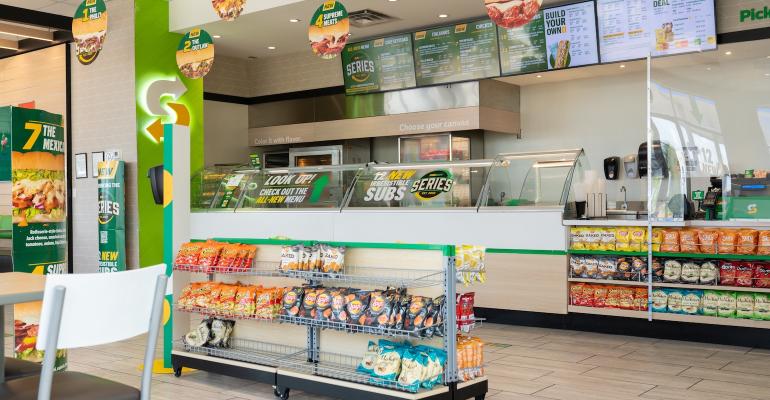
8-month sale process ends with affiliates of seasoned franchise private equity firm signing definitive agreement.
The sale of privately held Subway to private equity behemoth Roark Capital Group proceeded much like the gestation of a human child – a very big child, as Subway has about 37,000 franchised units globally.
The sale process began in January, with a few well-placed hints, and the company confirmed it in February, when it said it was seeking a $10 billion price. Then the long wait began with a number of suitors, and it yielded the sale agreement almost nine months later.
Thursday’s sale announcement that Atlanta-based Roark would be Subway’s proud parent, should the definite agreement be approved, drew both sighs of relief and expected concerns about the future.
Subway, still held by the founding families, had spent the past four years grooming itself for this moment.
John Chidsey, former Burger King Holdings Inc. chairman and CEO, was named Subway CEO in November 2019, succeeding Suzanne Greco, who had retired in June 2018.
The company shed under-performing franchised units, upgraded its menu with signature sandwiches that were ordered by name and number, honed its advertising with sports figures, and, most recently, made a $80 million investment in meat slicers for its U.S. stores to improve quality.
The company also recently shook up the executive ranks, most recently with Trevor Haynes, the president of the North America division, announcing he would leave the company by year’s end. Haynes had served as interim CEO after Greco left.
Subway said the sale agreement with Roark was another milestone in its transformation, “combining Subway’s global presence and brand strength with Roark’s deep expertise in restaurant and franchise business models.”
Roark, founded in 2001, is a private equity firm that specializes in franchise/multi-location, restaurant and food, health and wellness, and business services sectors. It has $37 billion in assets under its management.
Roark has invested in a number of franchised restaurant brands. Its portfolio includes investments in Inspire Brands (which owns and franchises Arby’s, Baskin-Robbins, Buffalo Wild Wings, Dunkin’, Jimmy John’s and Sonic Drive-In) and Focus Brands (which owns and franchises Auntie Anne’s, Carvel, Cinnabon, Jamba, McAlister’s Deli, Moe’s Southwest Grill and Schlotzsky’s) as well as Carl’s Jr. and Hardee’s, Miller’s Ale House, and the franchisor of Seattle’s Best Coffee.
It will be interesting to see how Roark positions Subway with the Inspire Brands-owned Jimmy John’s concept, which is known for its “freaky fast” delivery and line of premium sub sandwiches.
Subway said the company will continue to focus on its sales growth, menu innovation, modernization of restaurants, overall guest experience improvements, and international expansion.
For the first half of 2023 in North America, Subway said it posted a 9.3% increase in same-store sales over the same period of 2022. Digital sales in the period ended June 30 increased 17.8% in North America, the company said.
Euromonitor International, the market research firm, said Subway holds the top position in the global bakery products limited-service restaurants sector, accounting for more than 14% of sales in 2022.
“The decision to sell Subway to Roark Capital is exciting in terms of expansion of the brand,” said Dorothy Calba, senior research manager at Euromonitor International, in a statement.
“Roark’s previous experience with franchising and outlet expansion through their investment in other restaurant groups will likely lead to a large expansion of Subway outlets, with a focus on international markets,” Calba said.
Original Article:
[H/T] RestaurantBusinessOnline.com


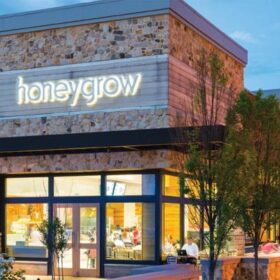
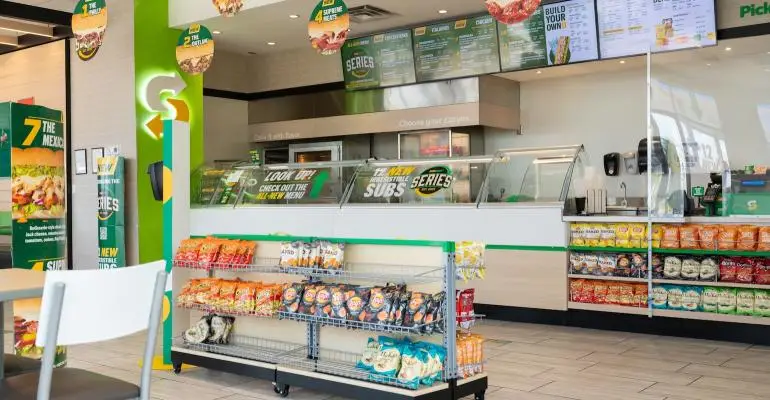

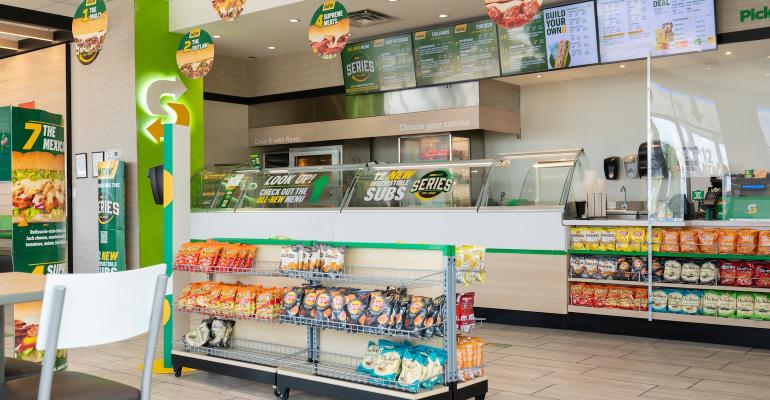


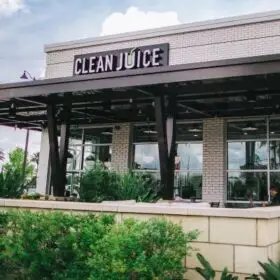
 Powered by
Powered by